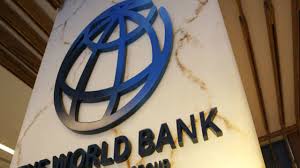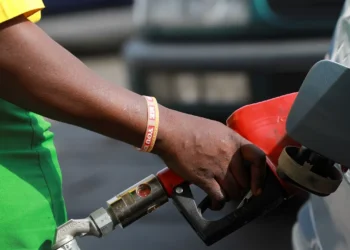In addition to Nigeria’s effort in expanding access to education over the years, the country still has the highest number of out-of-school (OOS) children in the world. As of 2020, there were 11.1 million children aged between 6 and 15 who were out of school. This represents 1 in 12 of all OOS children globally, according to data from the World Bank.
According to the World Bank Nigeria has been able to increase the number of in-school children aged 6–15 from about 20 million in 2003 to 40 million in 2020, but the number of out-of-school children declined from 14.9 million in 2003 to 11.1 million in 2020, as the population of children aged 6–15 grew from 35 million to 51 million during the same period.
What this means is that the episode of high OOS children will persist if the population of children aged 6-15 grows faster than the population of in-school children considering the high fertility rate in the country accompanied by the prevalence of the practice of child marriages mostly in the north.
World Bank stated that ‘’Nigeria’s OOS challenge, is a race that can only be won if the rate of increase of the in-school children population is much higher than the rate of increase of the school-age children population’’.
The phenomenon of OOS in Nigeria has both demand-side; cost of education and socio-cultural norms that prevent school enrollment, and supply-side challenges; availability of schools, and safety around schools. From both the demand and supply side, it is clear that bringing Nigeria’s children back to school requires a strong commitment to basic education across all government levels.
Reason For a Large Number Of OOS Children in Nigeria
The World Bank pointed out household poverty as one of the main impediments to school attendance in Nigeria. It said “about 77 percent of OOS children come from households in the bottom two quintiles of the household consumption distribution.”
It also commented on the fact that students attending government schools report paying some sort of fee despite the free universal basic education Act of 2004. The Bank said “a significant number of primary and JSS students report paying school fees. Even among students attending government schools, 43 percent of those attending primary schools, 60 percent of those attending JSS, and 64 percent of those attending senior secondary schools (SSS) report paying examination fees, and between 23 percent (primary) and 52 percent (SSS) students in government schools report paying at least some school fees.”
The World Bank also sighted the opportunity cost of attending school as a contributing factor. It said ‘’about 21 percent of rural children and 17 percent of urban children mention domestic obligations, and the need to work in a household enterprise or farm, as the main reasons for not attending school’.
What is the Way Out
The international financial organization stated that Nigeria would have to increase its budgetary allocation to basic education and also institute policies to improve efficiency and equity in funds allocation.
It also encouraged a continued effort towards expanding the availability and accessibility of schools and ensuring safety in and around schools.
There has to be a rapid response to the increasing urgency of shifting social norms such as child marriage through appropriate public campaigns.











